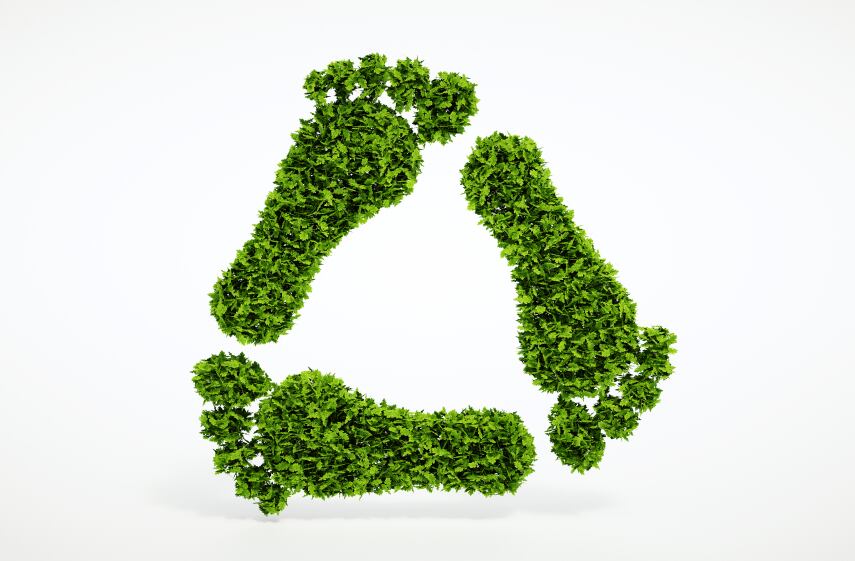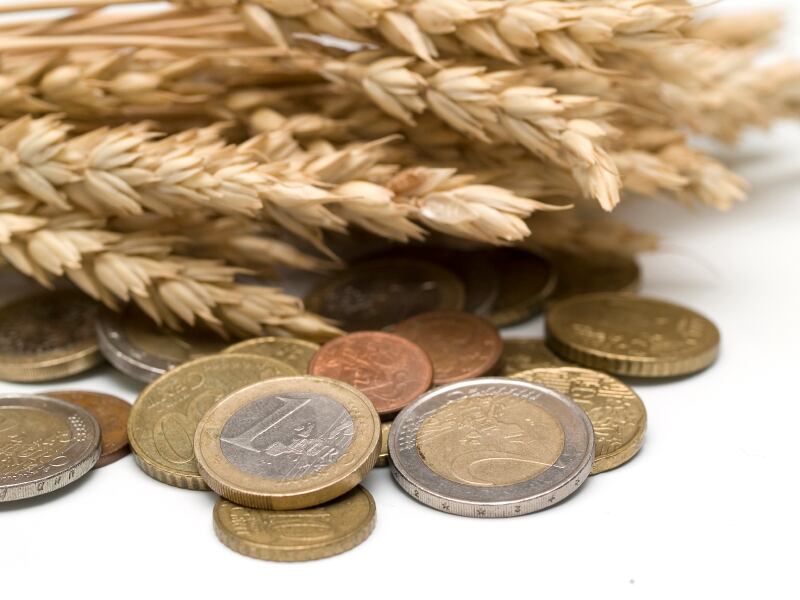Speaking at the Food and Drink Innovation Network in London this week, Dr Tim Lang, professor of Food Policy at City University London, called on the government to adopt ways to sustain the long-term health of food supply chains.
The solutions, he stated, needed to move rapidly in a more sustainable direction regardless of whether the UK stayed or left the EU.
“The evidence of what should be happening in the food system is nothing to do with what Brexit is about,” he said. “We should be decarbonising and dehydrating. By that I mean reducing water stress and rendering its use in our food system.”
“We also need to be investing in soil systems. Soils in Britain are not in a good situation. This is true of a number of agricultural areas of the world.”
Spotlight on sustainability

The events of Brexit, said Lang, had pushed food sustainability higher up on the agenda, with the need to reduce the UK food system’s carbon footprint so that food was not damaging to eco-systems, lives and health.
“The food industry must not lose sight of the sustainability of diets. How can one connect the need to reduce carbon?,” he asked.
“Successive governments have not rescinded the climate change commitments. The UK government signed onto the Paris climate change accord in 2015 [COP 21] as well as the sustainable goals last year in New York.”
“These are all overarching frameworks that are ‘over’ the EU. These are now going to have to shape the future of the food system.”
Likewise, the UK was amongst a handful of countries that signed up to the United Nation's Sustainable Development Goals (SDGs) last year that set targets on ending poverty and hunger, improving health and education, making cities more sustainable and combating climate change.
While a shift in people’s diets was primarily driven by health, the long-term environmental sustainability could not be achieved without massively cutting down on the use of grains for meat and dairy production, he said.
“Food is the single biggest source of European consumer impact on climate change. 30% of all greenhouse gases that a consumer emits are through food. How people eat [and] what they eat has got to change.”
“This cannot be done without altering meat and dairy. In my view it is impossible to meet the sustainable goals or the British climate change goals without fundamentally changing British diets.”
Trade gap troubles

Lang also commented on how Brexit highlighted the UK’s reliance on the rest of Europe for food. The Food Trade Gap, he said had been rising slowly for years, with a slight drop in the past year. Many believe it was the rationale for the current Government’s focus on exports.
In 2014, UK exports totalled €20.9bn (£18.8bn) of food, of which €19.1bn (£17.3bn) was processed. The UK imports €43.8bn (£39.5bn), of which €35.6bn (£32.1bn) is processed.
“Food and drink is the greatest source of the trade gap of any sector. We have a trade gap of food of €23bn (£21bn) a year and rising. The politics of Brexit was about getting back control. In fact how we eat and drink is now reducing this control.”
“With the biggest restructuring of diets along with, in effect carbon rationing, and the restructuring post Brexit, this paints a very interesting yet positive complication for the food industry to focus on.
